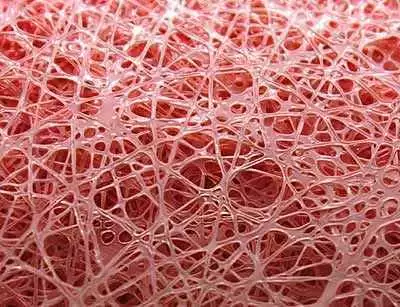Celiac.com 02/08/2016 - When doctors talk about non-celiac gluten sensitivity (NCGS), they are usually talking about people who have gastrointestinal symptoms without enteropathy, and for whom a gluten-free diet (GFD) provides some relief of symptoms.
 However, doctors don't currently know very much about the pathophysiology of NCGS, its connection to neurological manifestations, or if it is in any way different from the manifestations seen in patients celiac disease. To address this issue, a team of researchers recently set out to take a closer look at the clinical and immunological characteristics of patients presenting with neurological manifestations with celiac disease and those with NCGS.
However, doctors don't currently know very much about the pathophysiology of NCGS, its connection to neurological manifestations, or if it is in any way different from the manifestations seen in patients celiac disease. To address this issue, a team of researchers recently set out to take a closer look at the clinical and immunological characteristics of patients presenting with neurological manifestations with celiac disease and those with NCGS.
Celiac.com Sponsor (A12):
The research team included Marios Hadjivassiliou, Dasappaiah G Rao, Richard A Grìnewald, Daniel P Aeschlimann, Ptolemaios G Sarrigiannis, Nigel Hoggard, Pascale Aeschlimann, Peter D Mooney and David S Sanders.
The team compared clinical, neurophysiological, and imaging data from celiac disease patients and NCGS patients who presented with neurological dysfunction, and who had regular assessment and follow up over a 20-year period. The study included 562 out of total 700 patients. The team excluded patients who had no bowel biopsy to confirm celiac disease, no HLA type available, and/or failed to adhere to GFD.
All patients presented with neurological dysfunction and had circulating anti-gliadin antibodies. The most common neurological problems were cerebellar ataxia, peripheral neuropathy, and encephalopathy.
Out of 562 patients, 228 (41%) had evidence of enteropathy (Group 1, celiac disease) and 334 (59%) did not (Group 2, NCGS). There was a greater proportion of patients with encephalopathy in Group 1 and with a greater proportion of neuropathy in Group 2. The severity of ataxia was about the same between the two groups. Patients in Group 1 showed more severe neuropathy.
Patients from both groups responded well to a gluten-free diet. Anti-tissue transglutaminase (TG2) antibodies were found in 91% of patients in Group 1 and in 29% of patients in Group 2.
Researchers saw no difference between those patients in Group 2 with HLA-DQ2/DQ8 and those without, or between those with positive TG2 compared to those with negative TG2 antibodies. Both groups showed similar serological positivity for TG6 antibodies, at 67% and 60%, respectively.
The results of this study show that patients with celiac disease and NCGS have similar neurological manifestations, which respond well to a gluten-free diet. This suggests that the two conditions share common pathophysiological mechanisms.
Source:
- Open Original Shared Link


.webp.bd46bd1009c45e98c3082487f52ff41b.webp)





Recommended Comments
There are no comments to display.